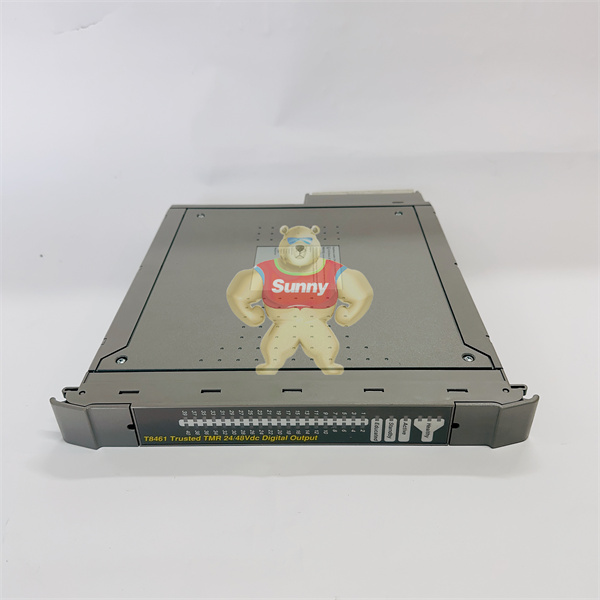I. Introduction
With the continuous improvement and development of the socialist market economy, people’s living standards are constantly improving, and the demand for chemical products is constantly increasing. Under this background, Chinese chemical enterprises have developed rapidly, the development scale of chemical enterprises is more and more large, and the technical level is constantly improving, new technology and technology are also constantly applied to chemical enterprises. In the development of chemical enterprises, automation technology is becoming more and more mature and chemical enterprises have increased their attention to automation control technology, which makes the application of automation control in chemical enterprises more and more common.

T8461
Two, chemical enterprise automation control overview
The counterpart to manual control is automatic control, which refers to the use of equipment, instruments or devices to control the object or process in accordance with the pre-set procedure in the absence of human participation. Automation control has undergone five changes: the first generation of automation control system is PCS, which is a pneumatic control system that can be operated simply on the spot and only has preliminary control ability; The second generation of automatic control system is ACS, which is a kind of current analog signal.

T8461
The application of this system makes the automatic control ability further enhanced; Third generation CCS, promoted by digital computer applications, is the first revolution in the field of automatic control; The fourth generation is DCS, which benefits from the wide use of microprocessor and semiconductor manufacturing technology mature; The fifth generation is FCS, it developed from DCS, known as the field bus control system, is a kind of control equipment and intelligent measurement connected with two-way transmission function, full digital, multi-node branch structure of the communication link digital application system. The development of automation control of chemical enterprises in our country is growing with the five changes of automation control. In 1970s, the automatic control of Chinese chemical enterprises entered the development period. In 1980s, Chinese DCS system also had a case of application. Since 1990s, DCS and FCS in chemical enterprises have been gradually promoted and widely used.

T8461
3. Application of automatic control in chemical enterprises
1. Current research status of automatic control application in chemical enterprises
From the current situation of research on the application of automation control in chemical enterprises, we need to keep calm enough. The current research on automation control in chemical enterprises still cannot meet the requirements of automation control technology in chemical enterprises in the process of rapid development. When the chemical industry raised the need for better automation control technology, the research community could not provide a better solution.

T8461
The research on automation control in chemical enterprises is a step by step process. The research on automation control theory should be based on the actual demand of chemical enterprises, guided by the market, and allocated scientific research forces reasonably, so as to carry out special research work effectively. At present, the direction of automation control research has changed from the past simple mechanical control to a comprehensive automatic application system that ADAPTS to the actual operation situation of the current development of chemical enterprises, combining control and management.

T8461
The research of modern automation control is based on the application of mathematical model, and gradually develops towards the popularization and application of microcomputer. However, there are also a lot of problems in the enterprise automation control research, such as research theory out of reality, in some technical aspects of the theoretical research is also very non-standard, automation control theory research results can not be in practice to the application of enterprise automation control practical guidance.
 1 Year Warranty
1 Year Warranty





